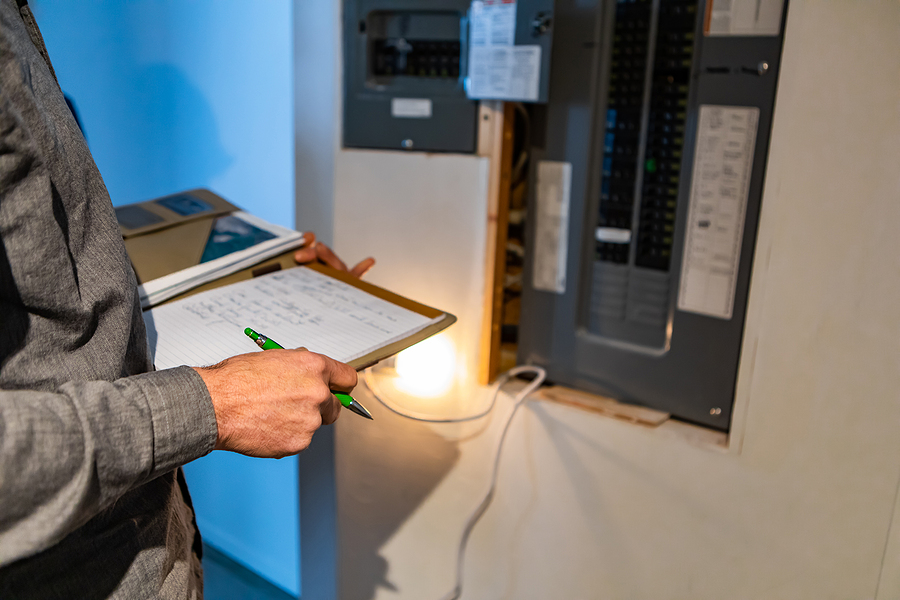
Residential Benefits for Sourcing a House Building Report
Residents who want to look out for their investment will engage specialists who can provide them with an official house building report.
It is a maneuver that protects their purchase, allows them to lower their asking price and source any red flags about structural faults and damage that need addressing.
Before taking agents on face value, take note of the advantages of these reports.
Discovering Any Structural Faults
A lot of ground is covered when specialists instigate a house building report for their residential clients. From cracks identified in the wall to damp water damage regions, they will also examine evidence of rust, the positioning of floors, existence of pests, filtration concerns, issues around irrigation, roofing, profile of the soil, gas connections and other components that will have an impact on the valuation of the property. The object of the exercise is to isolate safety hazards and defaults that will have to be addressed in some shape or form, having an impact on the purchase of the home depending on the extent of the defects.
Potentially a Big Money Saver
The best case scenario for engaging a house building report is that a fee will be paid for a specialist, the location will pass all of the relevant tests and all parties can go their separate ways. In that instance, it can feel like a wasted exercise financially speaking, until it is compared against other properties that identify major development problems. In this example, clients are left with a significant bill to address the faults, draining their funds and potentially delving further into debt just to address previous damage and neglect left by others. When reflecting on the initiative in that setting, the assessment becomes a long-term investment worth making.
Legal Protection
When constituents decide to source a house building report from a conveyancer, they will be able to acquire an official legal document that protects them from any potential liability and pass that responsibility back onto the seller. This is an exercise in due diligence and so long as the report has been designed and submitted through the correct channels within local council, then participants will be given certain assurances for their own behalf. It won’t always prevent repair and maintenance costs from being passed onto another party, but it will help with those extensive development projects that can be identified and flagged as part of the report.
Communicating With The Right Parties
Although the subject of a house building report might be something that is part of a buyer-seller relationship, there are more interested parties involved in the process. It will include the builders, real estate agents, conveyancers, council bodies, tax authorities, financiers, vendors and beyond. Those ripple effects are important to consider because the logistics of buying property can become complicated if the right protocols and measures are not respected. To avoid a logistical nightmare, it is important to source these official documents.
Peace of Mind
It is easy to overlook how important a house building report can be for local homeowners who are essentially banking their life’s savings into the property. Structural faults can be damaging on a whole host of fronts, so obtaining clearance and being notified of issues before they become unsustainable is vitally crucial for community members who want peace of mind with the topic. This is where they can place concerns into perspective and connect with specialists who have their best interests at heart.
Specialists who offer constituents with a house building report are easy to contact and willing to help new buyers in the market. Simply run a local check for providers and speak with others in the area who have worked with them before to obtain the best results.
